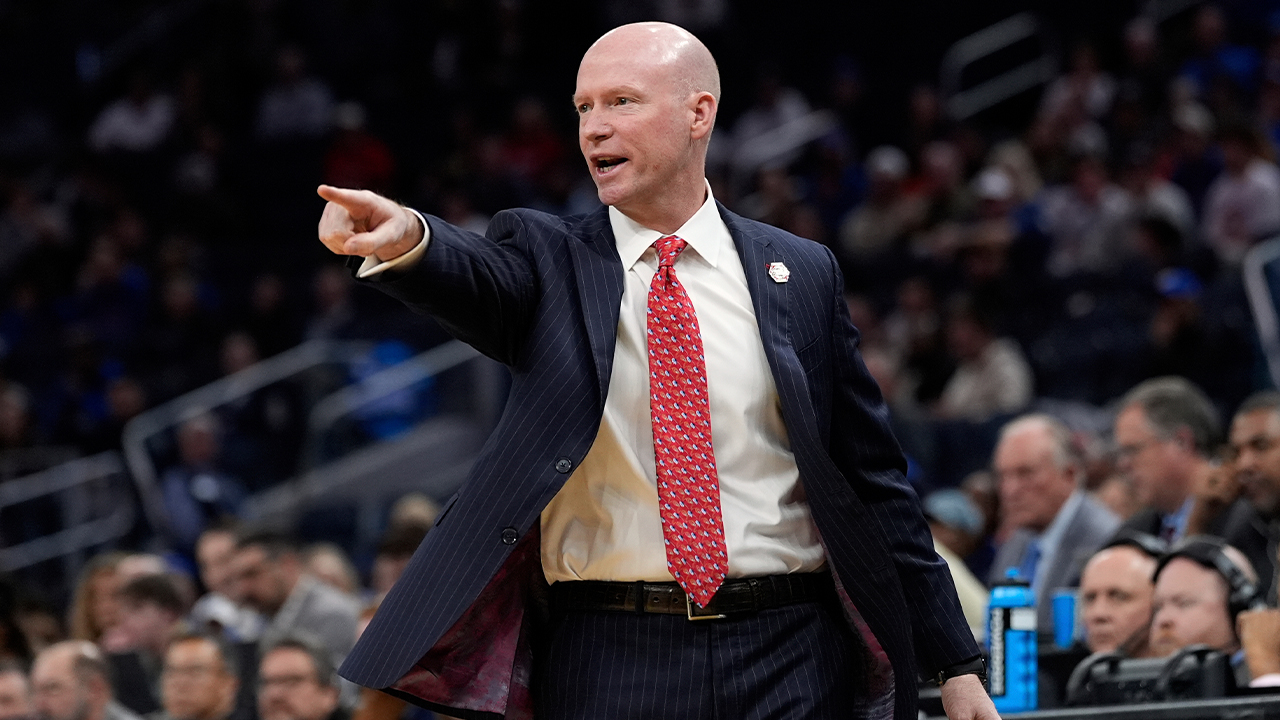New Jersey WWII veteran connects with Holocaust survivor
"These eyes may not be 20/20 today, but they were back in 1945," said Tim Kiniry, who served as an Army medic in World War II.

MILLVILLE, New Jersey (WPVI) -- "These eyes may not be 20/20 today, but they were back in 1945," said Tim Kiniry, who served as an Army medic in World War II.
The 100-year-old saw things he'll never forget.
"The crematoriums. You see the ovens, the whipping posts," he said of walking into a concentration camp that had been liberated by American forces.
"You couldn't believe what you were looking at," he said.
It's an experience to which few can relate, and on Wednesday afternoon Kiniry met one of the few.
He met with Steven Fenves, a Holocaust survivor, via Zoom. At 13, the Nazis took him to Buchenwald, which was one of the largest concentration camps in Germany. One year later, the camp was liberated by the Americans.
"I would not be here if that help had not arrived," said Fenves of the liberation.
It happened in the spring of 1945, the same time Kiniry served as an Army medic in the same place Fenves was being held: Buchenwald.
"We were in the big building that the guards used," Kiniry said on the call with Fenves, recalling the very area of Buchenwald where he spent the majority of his mission.
His unit was sent to treat gravely ill concentration camp survivors suffering from Tuberculosis.
"I can't imagine what you people went through," Kiniry said sympathetically to Fenves.
For 77 years, Kiniry has thought of what he saw. Through their conversation, he and Fenves figured out that Fenves was freed from the camp just one day before Kiniry arrived.
Their connection was made possible by Millville Army Air Field Museum where Kiniry volunteers.
"He mentioned he just wished he just had a chance to meet one of the survivors," said museum vice president Robert Trivellini. "We contacted the United States Holocaust Museum."
That museum connected him with Fenves.
"These are great people. I don't know how else to put it," said Kiniry who lives in Minotola, New Jersey.
"Have you been back?" Fenves asked on the video call.
"No, I have not," Kiniry answered. "We were supposed to go, but COVID stopped us."
The veteran's trips now are to schools-- educating people about his experience.
"There's people out there who don't believe the Holocaust happened. I'm sorry, but it did happen," Kiniry said.
He feels it's his duty to share his story with those who weren't there. And now he's glad to have finally connected with someone who was there.
"It was a pleasure meeting you, sir," he said as he closed out his call with Fenves.
This is the first time that the museum has connected a World War II veteran with a Holocaust survivor. They hope that by sharing this story they'll have the opportunity to do more.














